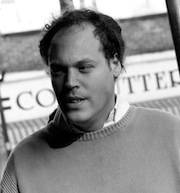Judge Dee and the Executioner of Epinal
Comment number:
10
Advertisement

Showing 22 results
“A profound love between two people involves, after all, the power and chance of doing profound hurt.”
Ursula K. Le Guin, The Left Hand Of Darkness
For compliance with applicable privacy laws:



